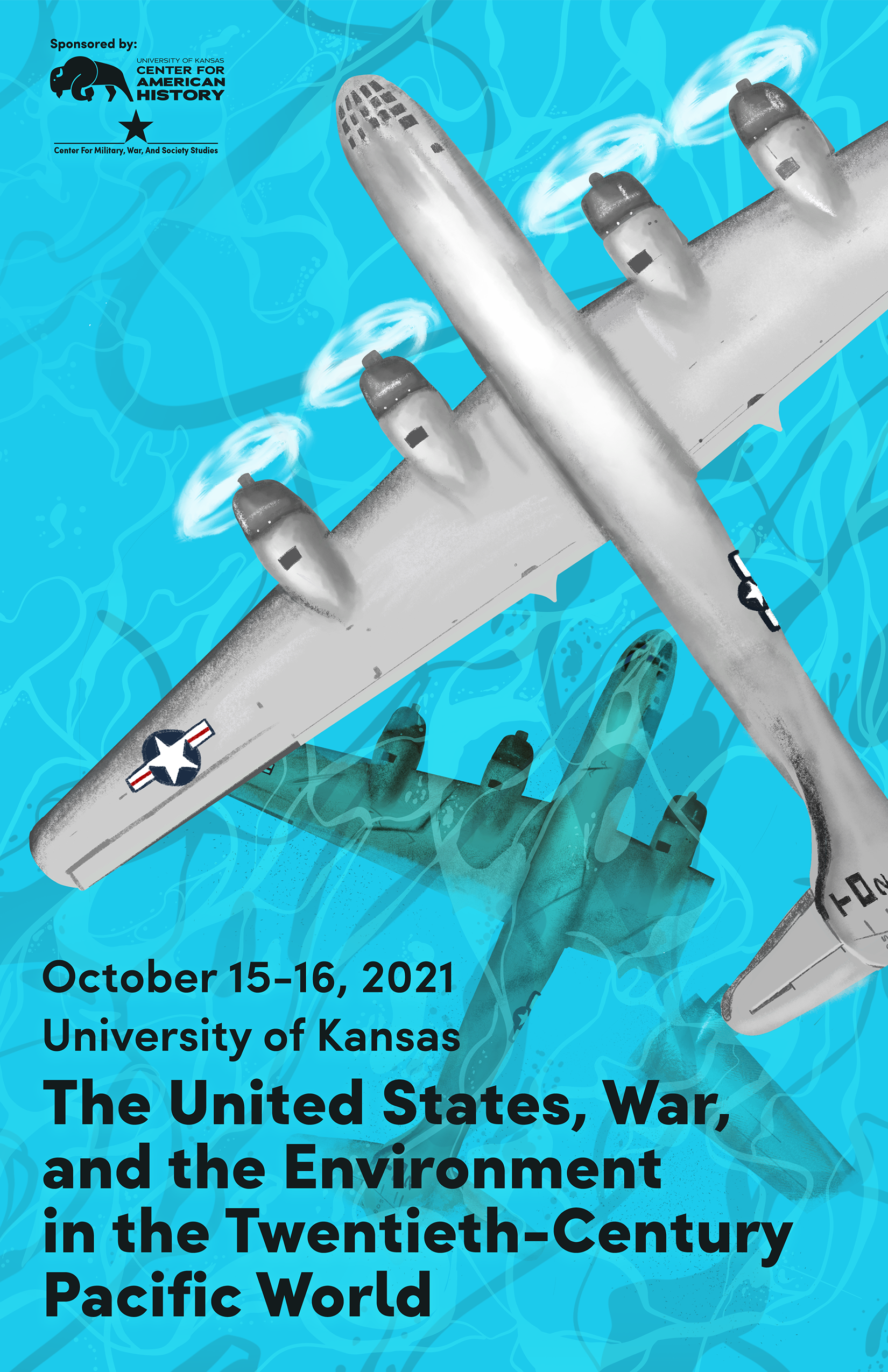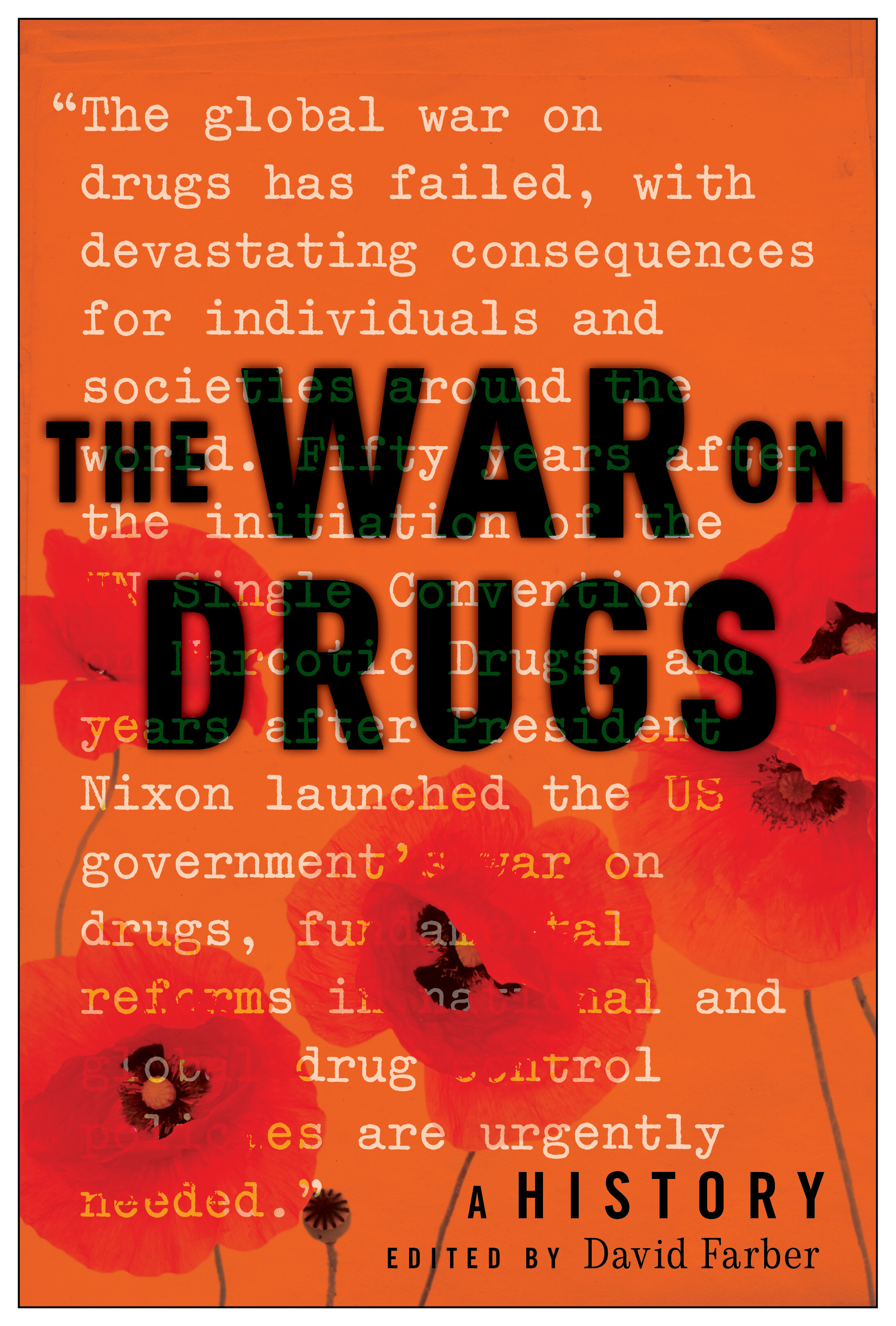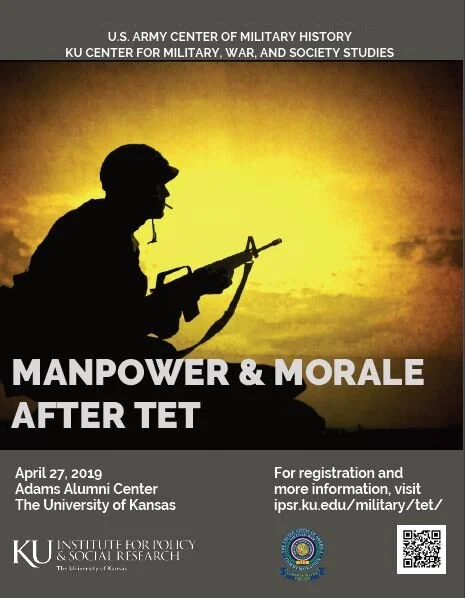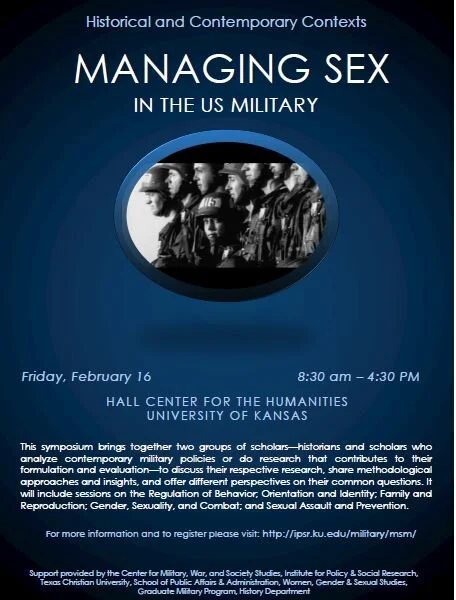
Our Events

Invading Iraq: Diplomatic, Political, and Military Perspectives
In partnership with the Department of Military History at the Command and General Staff College and Army University Press
The upcoming 20th anniversary of the invasion of Iraq offers us the opportunity to look at the inception of the conflict—from the months leading up to the war through the end of 2003—from a historical perspective. This symposium will examine the conflict from a variety of angles and seek to answer a diverse set of questions: Why did the Bush administration choose to go to war? How did the invasion impact the American political landscape? How does the invasion of Iraq fit within the larger Global War on Terror? What were the diplomatic ramifications of the invasion for the United States on the international stage? How well did the coalition work together? How did the military achieve its initial mission and defeat the Iraqi military? Why and how was that victory lost? How did civilian and military leadership interact in the months leading up to and directly following the invasion? Why are the initial months of Operation Iraqi Freedom historically significant?
Lunch will be provided for those who register below.
Participants
Terry Anderson, Texas A&M University. Author of Bush’s Wars.
Beth Bailey, University of Kansas. Co-editor of Understanding the U.S. Wars in Iraq and Afghanistan.
Robert Brigham, Vassar College. Author of Iraq, Vietnam, and the Limits of American Power.
David Cotter, Command and General Staff College
David Fitzgerald, University College Cork. Author of Learning to Forget: US Army Counterinsurgency Doctrine and Practice from Vietnam to Iraq.
Gregory Fontenot, co-author of the first volume of On Point.
Marjorie Galelli, Yale University
Angela Riotto, Command and General Staff College. Director and writer of the documentary “OIF : the fight for Baghdad.”
Timothy Sayle, University of Toronto. Co-editor of The Last Card: Inside George W. Bush’s Decision to Surge in Iraq
Joseph Stieb, US Naval War College. Author of The Regime Change Consensus: Iraq in American Politics, 1990-2003.
Kate Tietzen-Wisdom, US Army Center for Military History
William “Scott” Wallace, retired four-star Army General who commanded V Corps during the invasion of Iraq.
Donald Wright, Army University Press. Co-author of On Point II.

The United States, War, and the Environment in the Twentieth-Century Pacific World
Since the Spanish-American War, the United States has had a significant military presence in the Pacific World. The environmental consequences of the U.S. military presence in the Pacific, including the outbreak of disease in the Philippines, the dropping of nuclear bombs on two cities in Japan, the testing of even more powerful nuclear weapons in South Pacific islands during the Cold War, and the use of chemical defoliants in Vietnam, have been profound. Those consequences transcended the Pacific World: in the U.S., East Asia, Australasia, and Europe, the use of nuclear weapons and chemical defoliants sparked concerns about the environment. By the time of the Vietnam War, emerging concerns about the global environment resonated with critiques of the war, encouraging some to perceive the war in Vietnam as more destructive to the environment than previous wars, and others to infuse environmentalism with the urgency of the global anti-war movement.

John McNeill, "Boundaries: The United States, War, and the Environment in the Twentieth-Century Pacific World”
Use the links below to register for the talk in person or online.

The War on Drugs Fifty Years, a Trillion Dollars, and Thirty Million Arrests (2020)
On June 17, 1971, President Richard Nixon announced America’s war on drugs. He declared drug abuse “public enemy number one.” “In order to fight and defeat this enemy,” he continued, “it is necessary to wage a new, all-out offensive.” Nixon, in the midst of the Vietnam War, went into this battle with his eyes wide open—his “offensive” was targeted, pragmatic, and winnable. But as has been true of too many of America’s wars, strategy and on-the-ground realities quickly diverged. The fog of war descended, tragedy ensued.
In advance of the 50th anniversary of Nixon’s declaration, eleven of the leading historians and interdisciplinary scholars of America’s War on Drugs met for an online symposium to explore the history and significance of the War on Drugs.

Manpower & Morale after Tet (2019)
How did U.S. military leaders understand the extent and significance of the morale "crisis" so widely reported in the American press from 1968 on—the stories of malaise and desertion, drug use, racial conflict, combat refusal and challenges to legitimate authority? And then, given their own analyses, what did they do? How did they attempt to manage the problems they confronted?
This full-day symposium brought together scholars of the U.S. war in Vietnam for conversations about how the U.S. military defined this "crisis" and wrestled with solutions that ranged from the mundane and predictable to the unexpectedly creative.

Managing Sex in the Military: Historical and Contemporary Contexts (2018)
The U.S. military is a massive institution, and its policies on sex, gender, and sexuality have shaped the experiences of tens of millions of Americans, sometimes in life-altering fashion. Currently, as an institution, the U.S. military is struggling with a massive and intractable epidemic of sexual assault; it is whipsawed between externally mandated requirements that may conflict with internally driven initiatives such as the conflicting directives to allow and then to ban transgendered servicemembers; it is analyzing the end of Don’t Ask, Don’t Tell; it is attempting to deal with the impact of extended war on servicemembers’ families, and it is beginning to allow women to serve in the combat arms. Each of these is a critical issue to the military, but also ties to ongoing questions about sex, gender, and sexuality in American society and to broader issues of civil-military relations. And—most essentially to us—each of these contemporary issues ties to a longer history within the military and to a broader historical context.

The Pearl Harbor Attack: A Pacific History (2016)
To commemorate the 75th anniversary of the Japanese attack on Pearl Harbor and other American and British possessions on December 7/8 1941, some of the leading historians of the World War II era convened at the Center for Military, War, and Society Studies (MWSS) on December 2nd and 3rd to discuss the attacks and the ways they affected the Pacific War, imperialism and colonialism in Asia and the Pacific, and the political cultures, societies, and life experiences of people throughout the interconnected Pacific world.

All-Volunteer Force Symposium (2016)
When the United States ended the draft and moved to an all-volunteer military in 1973, most political and military leaders assumed that if the United States again fought a major, long-lasting war the nation would reactivate the draft. But that didn’t happen: the U.S. fought the long and costly wars in Iraq and Afghanistan with an all-volunteer force (AVF), even as service members were deployed for multiple tours of duty. This symposium, in the wake of those wars, evaluates the AVF. How well has it worked? Will it work in the future?

